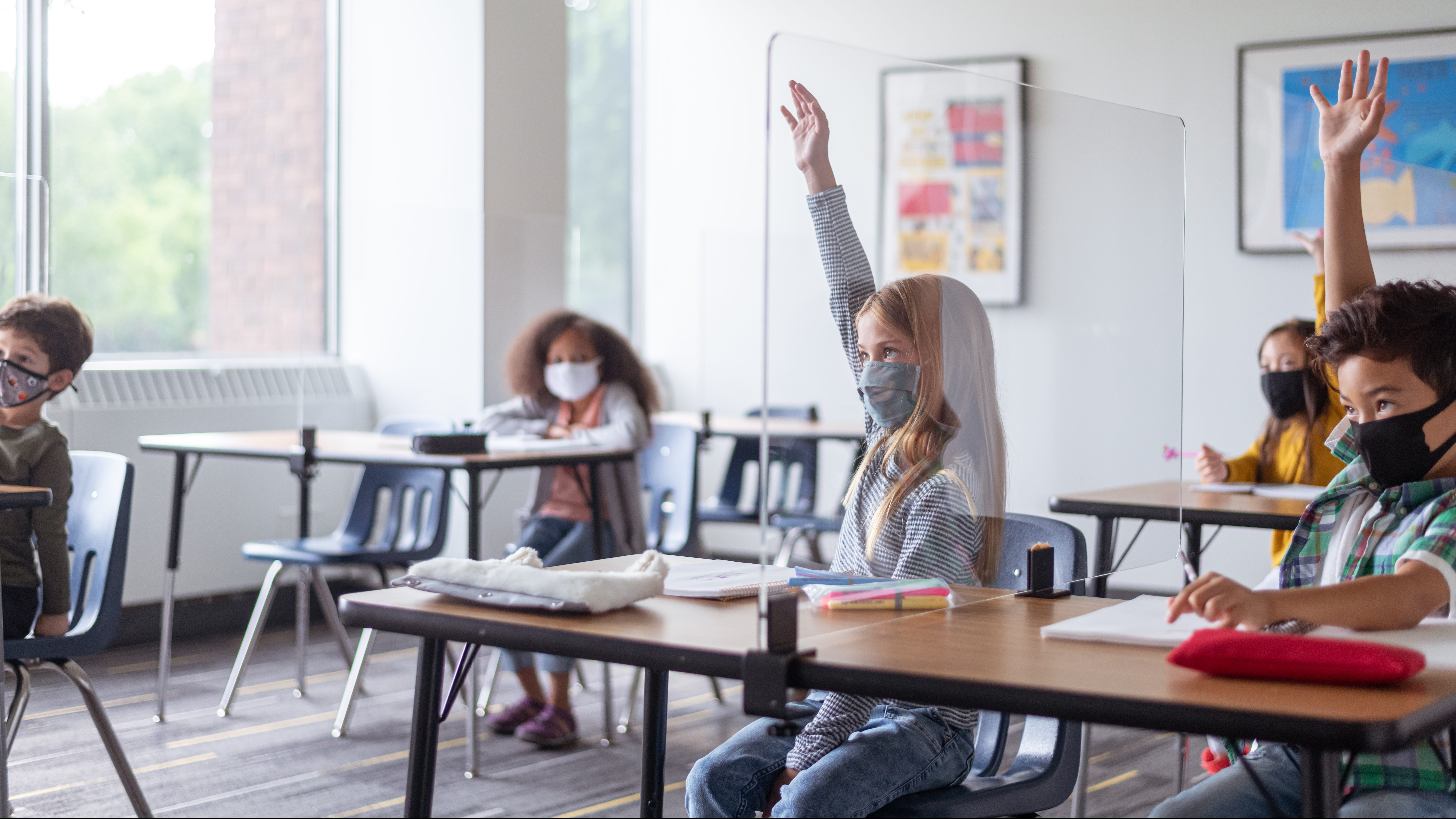Have you noticed your kids getting a little heavier? Turns out, child obesity soared during the pandemic, according to the CDC. And there are several reasons why many kids packed on the pounds.
According to a recent CDC report, from March to November 2020, a sample of body mass index (BMI) -- taken from 430,000 kids -- nearly doubled the rate it did before the pandemic.
Children's Health
Get San Diego local news, weather forecasts, sports and lifestyle stories to your inbox. Sign up for NBC San Diego newsletters.
Dr. Martha Fuller is an associate professor of nursing at USD's Hahn School of Nursing and Health Science and a pediatric nurse practitioner with a PhD in nursing. She explained why obesity may have spiked.
“Children were not active, they were home; more availability of snacks – many of which are high calorie and low nutrient,” Dr. Fuller said. “More screen time both from zoom classes and sitting on tv. I mean we all binged Netflix right, during the pandemic? Children are no different.”
During the pandemic, California kids stayed home, playgrounds closed, and many lives were disrupted.
Parents we spoke with Friday said during the shutdown, they made going outside a priority.
“I just made sure that we went on walks every day,” San Diego resident Rachel Mayoras said. “We still made sure to go outside and ride bikes and scooters.”
“If the park was too crowded, then we went to another park,” parent Paul Chavez said. “Getting her out of the house, pushing her around in the stroller. I hope she’s big enough so I can actually take her running with me, so that’s how I kept myself active.”
But doctors acknowledge that not everyone has the option to get their kids more active, especially if parents have to go to work and can’t afford childcare.
People facing poverty can have higher rates of obesity because junk food is less expensive compared to healthier options, Dr. Fuller said.
And don’t forget about all that stress the pandemic brought with it.
“We’ve seen an increase in mental health diagnoses, so we know that children who were facing stress were more likely to become obese because when you have an increased level of cortisol, your body says, ‘oh, something dreadful is happening. I have to save every calorie just in case,’—part of the fight or flight reflex,” Dr. Fuller said.
To drop the pandemic pounds, doctors recommend parents:
- Increase children's activity;
- Decrease screen time;
- Encourage children to be outdoors;
- Eat more fruits and vegetables;
- Decrease "empty calorie" foods;
- Drink more water, less soda;
- Get more sleep.
As a community, Dr. Fuller said we should give parents more support.
“I think it’s really important, as we look at this, that we don’t blame the parents, ‘Why didn’t you do something better? Why didn’t you just give your kids carrots or celery?’ Because we do have a tendency in our society to blame the victim and we need to think about the fact that parents were stressed and dealing with incredible difficulties during the pandemic and trying to do the best they can,” Dr. Fuller said.
The CDC recommends children get 60 minutes of moderate to vigorous physical activity each day.



